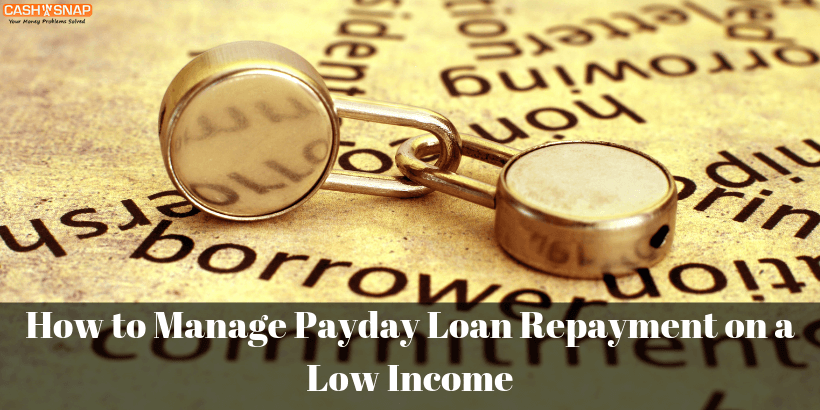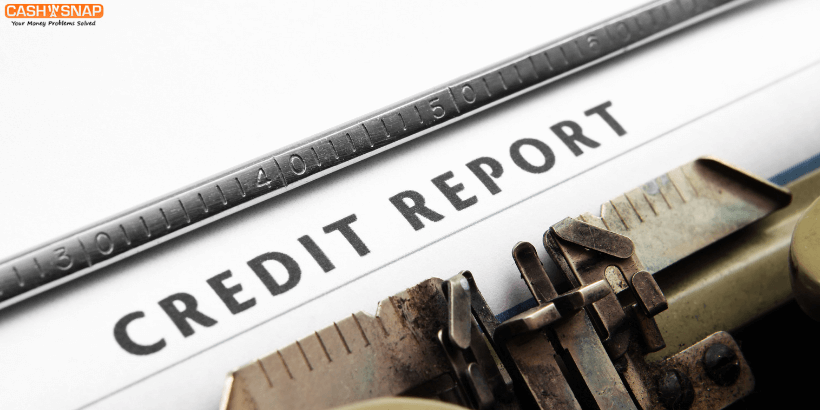A payday loan can help you cover emergency medical bills or home and car repairs. It is a short-term loan which needs to be repaid at the end of the month or your next pay date. However, you may find yourself in a stressful financial situation if you do not repay your loan amount on time.

Here are some tips to manage your payday loan repayment when you are on a low income:
Understand Your Repayment Options
Before requesting for payday loans online, you must know when the loan repayment is due and whether you will be able to pay back the loan amount on time. Usually, payday loans have to be repaid in 2 to 4 weeks in a lump sum. Make sure to check your repayment options before requesting for a loan.
Don’t Borrow More Than You Can Repay
You should determine how much money you need for covering your emergency expenses and only borrow that amount. The more money you borrow; the more lending fees you have to pay. Also, you should not take out a payday loan that is higher than your monthly income, as repayment would be difficult.
Get a Written APR
You should understand the APR and associated fees for the payday loans before signing a loan contract. Remember that an expensive loan usually has a higher APR.
Make Sure Funds Are Available to Avoid Overdraft Fees
When your loan is due, your lender will deduct funds directly from your checking account rather than waiting for your paycheck. The payment will bounce back if you have no or insufficient cash left in your account and eventually you have to pay late fees.
If the available balance in your account goes below zero, your bank will charge a sum of money every day until you replenish the funds. Both overdraft and failing to pay on time can hurt your finances, so make sure to have enough funds to repay your loan amount.
Request Your Lender to Reschedule Payment
It’s better to talk to your payday lender and explain why you cannot repay your payday loans on time. However, talk to your lender at least a day before your payday loan is due. Ask your lender for an extended payment plan which will provide you more time to repay your loan amount.
Even if rescheduling the payment involves fees, it is cheaper than late payment or overdraft penalties.
Follow these tips and manage your online payday loans effectively and wisely!
